Who is Sheikh Naim Qassem, Hezbollah's new chief?
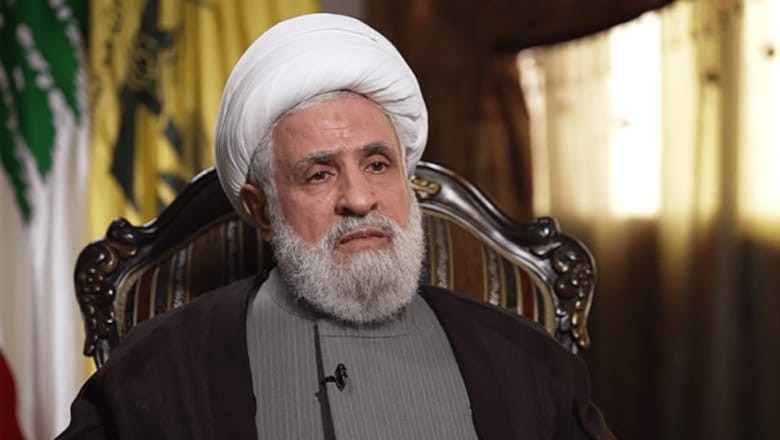
Web desk
|
29 Oct 2024
Hezbollah on Tuesday declared Sheikh Naim Qassem as its new chief, weeks after Hassan Nasrallah was killed in Israeli strikes on Beirut.
Hezbollah's (governing) Shura Council agreed to elect Sheikh Naim Qassem as secretary general of Hezbollah."
Qassem’s appointment comes after Israel killed Nasrallah’s potential heir Safieddine earlier this month.
Qassem has been one of the most visible faces of Hezbollah in recent years, even after Nasrallah went underground after the group’s 2006 war with Israel.
Qassem was appointed deputy chief in 1991 by then-secretary general Abbas al-Musawi, who was killed by an Israeli helicopter attack the following year.
Qassem remained in his role when Nasrallah became leader, and has long been one of Hezbollah’s leading spokesmen.
Qassem’s televised address on Oct 8 was his second since hostilities between Israel and Hezbollah intensified in September.
He was the first member of Hezbollah’s top leadership to make televised remarks after Nasrallah’s killing in an Israeli air attack on Beirut’s southern suburbs on Sept 27.
Speaking on Sept 30, Qassem said Hezbollah would choose a successor to its slain secretary general “at the earliest opportunity” and would continue to fight Israel in solidarity with Palestinians.
“What we are doing is the bare minimum… We know that the battle may be long,” he said in a 19-minute speech.
Born in 1953 in Beirut to a family from Lebanon’s south, Qassem’s political activism began with the Amal Movement.
Qassem took part in meetings that led to the formation of Hezbollah, established with the backing of Iran’s Revolutionary Guards in response to the Israeli invasion of Lebanon in 1982.
He has been the general coordinator of Hezbollah’s parliamentary election campaigns since the group first contested them in 1992.
In 2005, he wrote a history of Hezbollah seen as a rare “insider’s look” into the organisation.
Qassem wears a white turban unlike Nasrallah and Safieddine, whose black turbans denoted their status as descendants of the Holy Prophet (PBUH).
With additional input from agencies






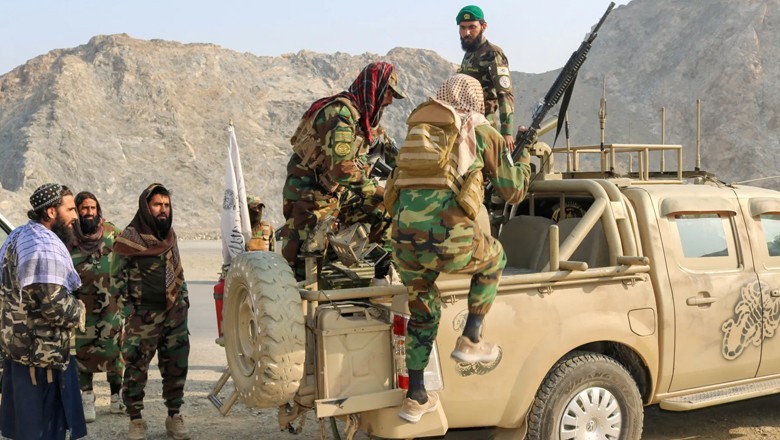
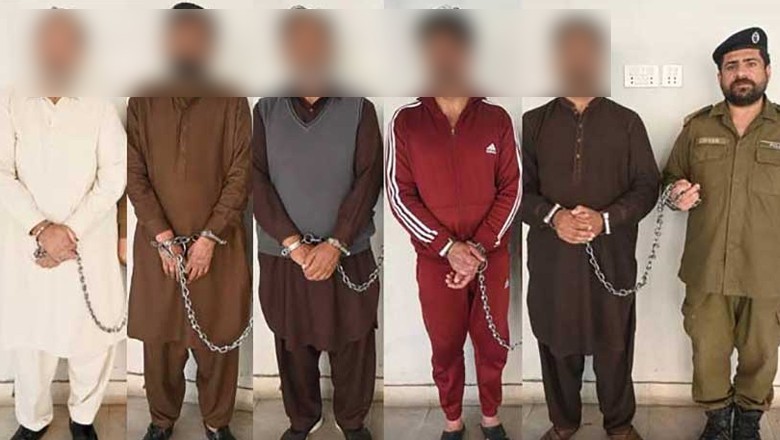

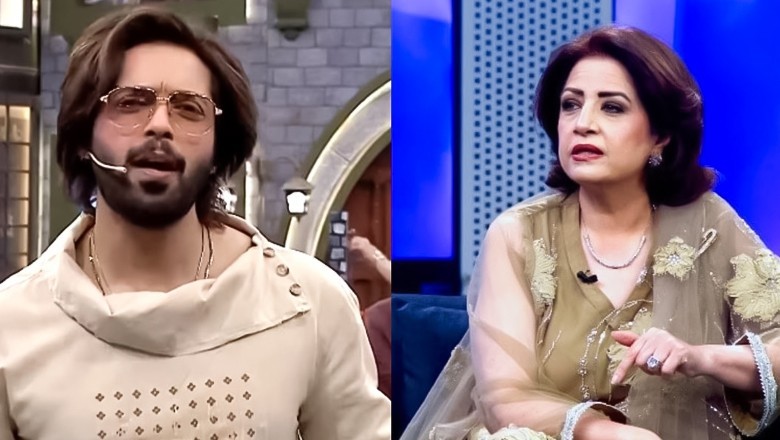
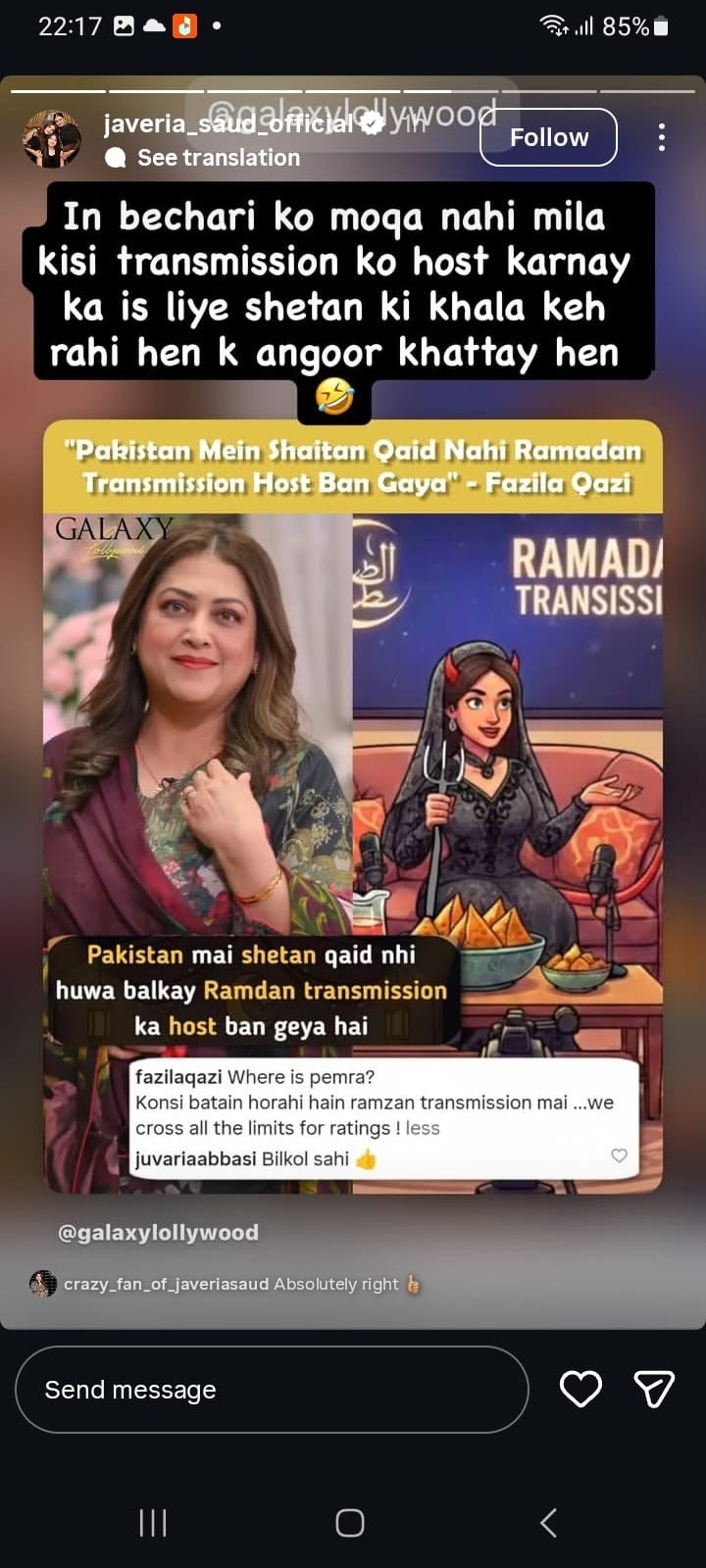
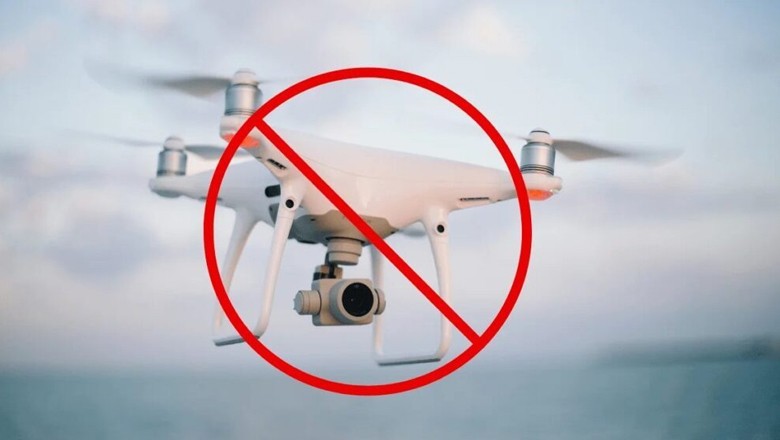
Comments
0 comment